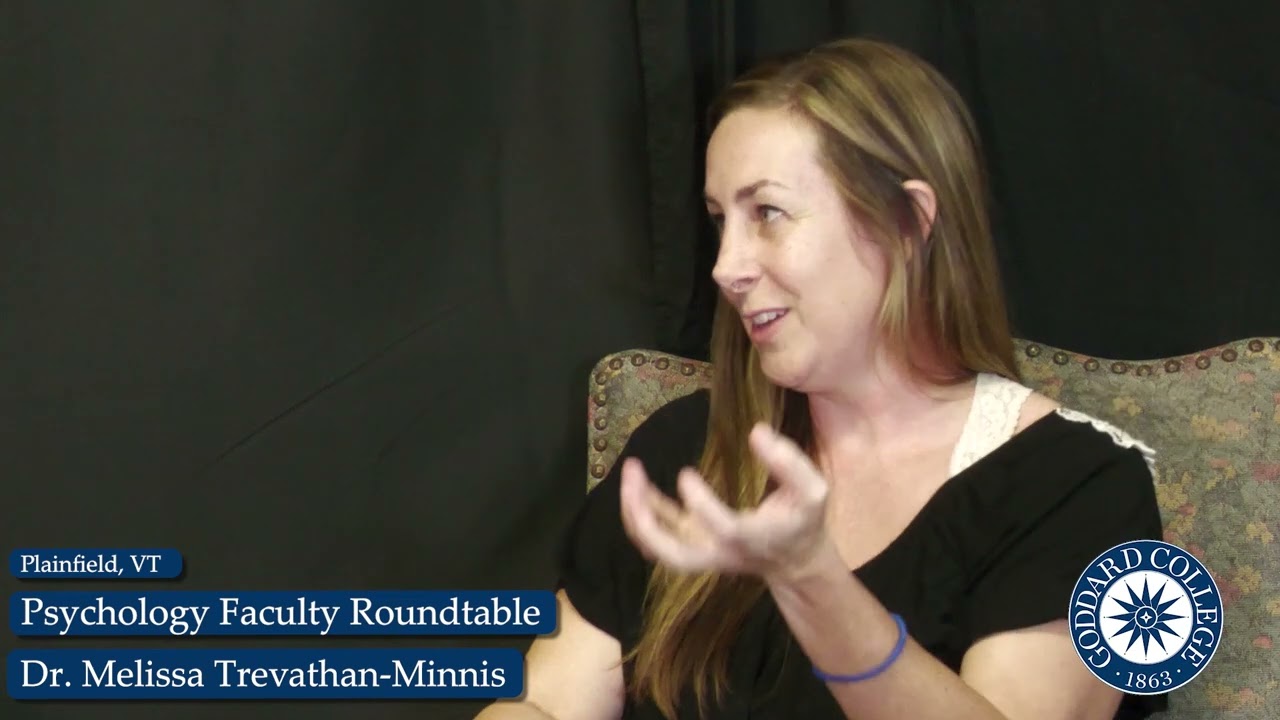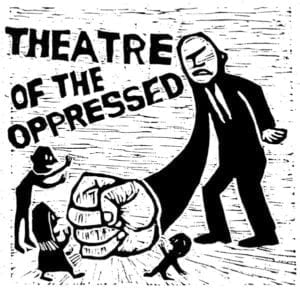Faced with writing what seemed like an endless number of papers when I was in graduate school many years ago, I stumbled across a method for overcoming procrastination. Much more recently, in the November-December 2013 issue of The Psychotherapy Networker I came across an article that grounded my method in physiology. Eureka! I cried. (Well, mumbled, really). And how affirming.
The writer of the article which gave me my Eureka! moment is the psychologist Steven Stosny. Extrapolating from a study called “The Fundamental Components of Attention,” which was published in 2007 in the Annual Review of Neuroscience, Stosny writes that focused attention is “the most easily exhaustible and metabolically expensive of mental resources.” You may have heard me quote this in other blogs or when I’ve spoken with you. It is my current favorite concept.
My method for overcoming procrastination is as follows: Faced with a writing task, first I locate and then put on my desk: my computer, the papers, files, books, pens, pads and whatever else I will need. Then I go to sleep – sometimes for twenty minutes, sometimes half an hour. If I’m unable to sleep then I lie as still as possible on my bed or couch, preferably the one closest to my desk.
When I get up I make a cup of coffee or tea and start to work, guided by three rules:
- For one hour I can’t do anything else: Can’t check the mail, email, make or take phone calls, pay bills, write errand lists.
- I can re-read, write, free-write, I can review relevant written material, I can just shuffle old versions around, if that’s all I can do, or glare at the pages with irritation and doubt.
- I can stop after one hour unless I’m inspired or on a roll.
This process always works for me one way or another. That is, I don’t necessarily get the work done on the first day or the second, but I almost always move forward and eventually get the words into the right order on the screen.
The thing I love about Stosny’s elegant summary of current attention research is that it explains my need to sleep not as just a weird aberration, something to be embarrassed about, but a body-based way to carbo-load my metabolism for its push into focused attention.
How else do you think I’ve been able to write all these blogs?
I’ve rarely spoken about my method to anyone. So if you decide to try it and find that it works for you, please let me know. If it doesn’t work for you, well, of course, as a good grounded-research investigator, I’m interested in that as well.







